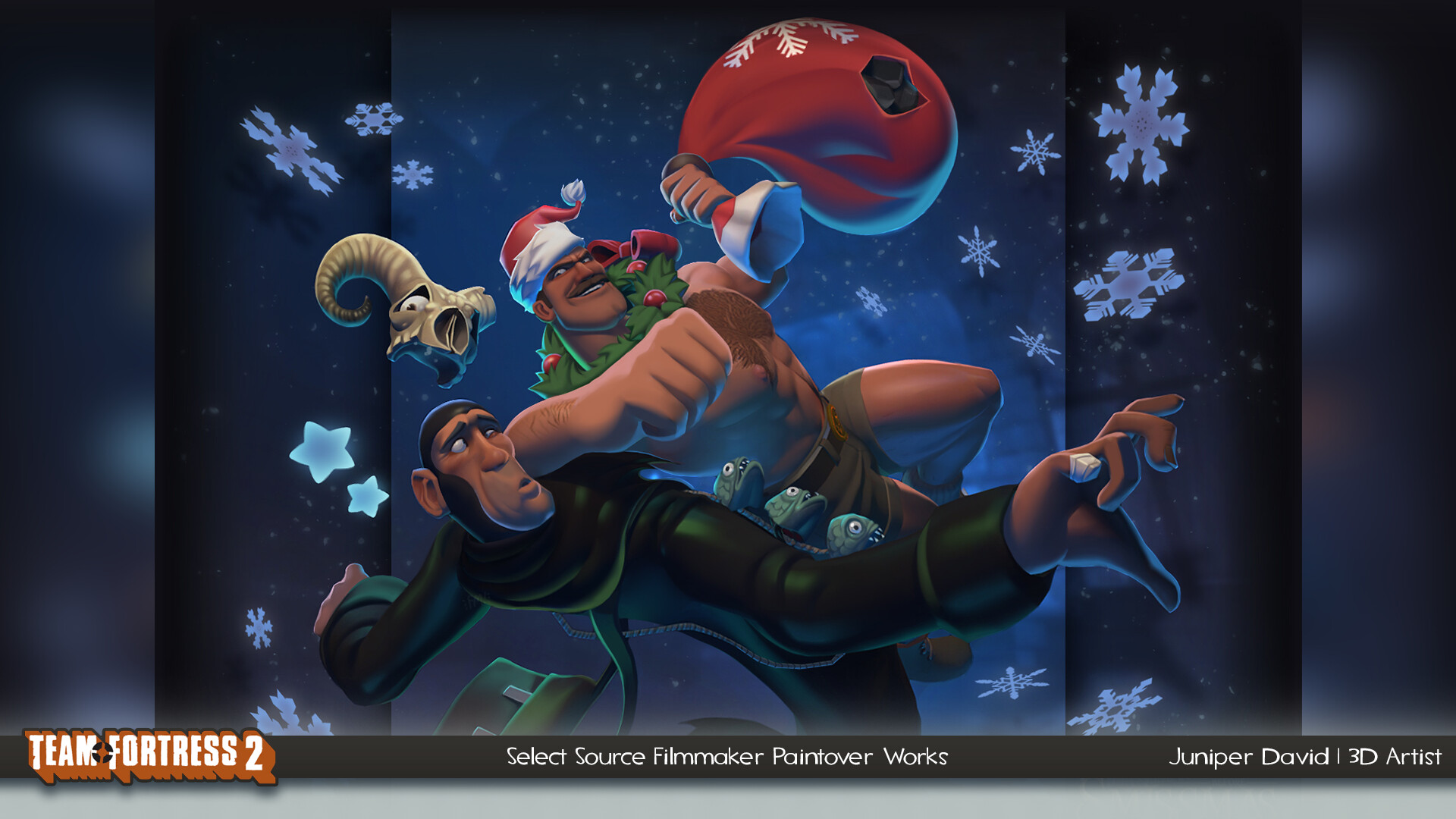

She rejects the trained actresses suggested by her producing partner (Jaygann Ayeh) for her female lead, instead casting fellow student Garance (Ariane Labed), a self-assured Frenchwoman whose own sci-fi project - clearly emulating the high-style French thrillers of the ’80s, in which decade Hogg’s film is set - couldn’t be more dissimilar. The shoot, rippling with undercurrents of student rivalry, becomes Julie’s means of working through her loss, and Swinton Byrne is at her best in these scenes of isolation within the group. The same male faculty members who questioned the posh student’s connection to a kitchen-sink drama set in economically blighted, working-class Sunderland in The Souvenir now raise their eyebrows over her intention to scrap that idea and switch to an unstructured romantic fairy tale. Still struggling to make sense of her relationship with Anthony, Julie returns to film school to work on her graduation project. Only when her mother visits Julie in her Knightsbridge apartment does some of that remoteness dissolve. As well-meaning as they are, this is clearly a couple for whom the reality of a heroin addict whose life was an intricate assembly of lies, as was Anthony’s, is simply too foreign to contemplate in much detail. “I’m going to fill this house with artifacts,” she exclaims, while William chimes in with words of encouragement. Julie’s parents hide their concern for her behind a slightly self-absorbed politesse, amusingly so when her mother starts gushing enthusiastically about the Etruscan-style sugar bowl she’s made in a pottery class.
#Source filmmaker review full#
The observations of Englishness in these scenes are spot-on and full of subtle humor. And James Spencer Ashworth, a gentleman farmer from the area with no screen acting experience, plays her father, William, with lovely notes of warmth behind his cheery platitudes. That improvisational quality is especially rewarding in scenes between Julie and Swinton Byrne’s real-life mother, Tilda Swinton, who’s caring but crisply reserved as Rosalind, torn between giving her daughter space and coddling her. Hogg habitually works from a basic treatment with little dialogue, shaping each scene with her collaborators as shooting progresses. The drama begins with her character, Julie Harte, still numb from the shock of her boyfriend Anthony’s death - that character was played superbly in the first film by Tom Burke, his seductiveness brushed but not undone by his superiority - and from the revelations of his double life, retreating to the comforts of her well-off parents’ home in the North Norfolk countryside. That Hogg does this without ever having to apologize for the privilege of her upper middle-class white protagonist is a testament to her wit and intelligence as a director, and to the unguarded vulnerability of Swinton Byrne’s performance. It’s an unusually revealing account of a woman figuring out not only who she wants to be, but storing up experiences, good and bad, while gradually developing the language and maturity to turn them into art. Venue: Cannes Film Festival (Directors Fortnight)Ĭast: Honor Swinton Byrne, Jaygann Ayeh, Richard Ayoade, Ariane Labed, Tilda Swinton, James Spencer Ashworth, Charlie Heaton, Harris Dickinson, Joe Alwyn, Jack McMullen, Frankie Wilson


 0 kommentar(er)
0 kommentar(er)
